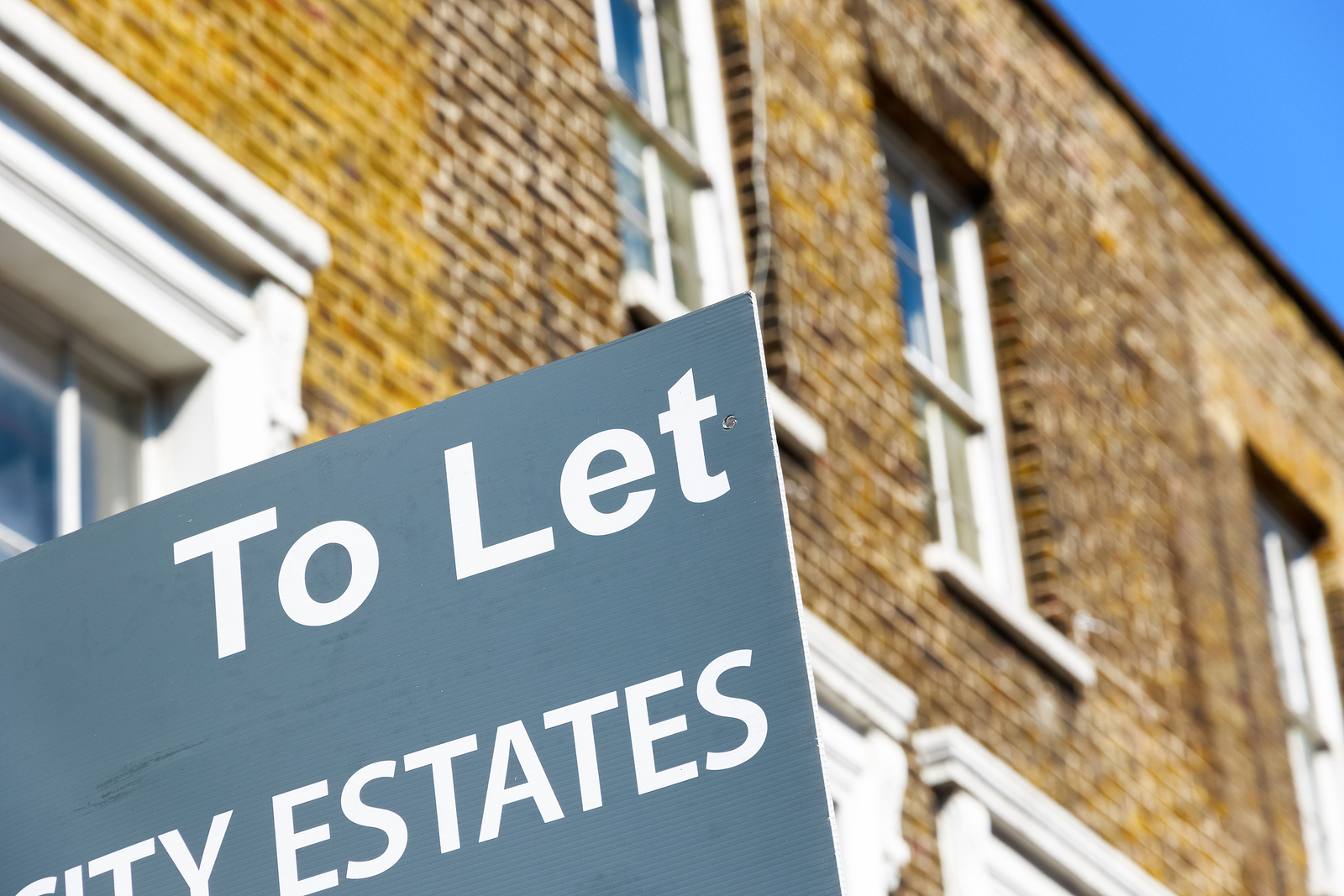The housing crisis that first began to emerge around 2008 has continued unabated despite an end to the Great Recession and the worldwide financial crisis it created. More than a decade after the start of the UK’s housing crash, a lack of affordable housing for the middle classes is still a big problem. Are longer mortgages a solution? That is a matter of debate.
Many people believed that the end of the financial crisis would mean stabilisation in the housing market. It was just assumed that more people would be able to afford to buy once employment began picking up and banks start complying with new regulations. But that didn’t materialise. Why? Because with recovery came a sudden surge in property prices. People were going back to work, but they weren’t making enough money to keep up with price increases.
Banks responded by offering longer and longer mortgages. Unfortunately, the 25-year mortgage that was standard back in the 1980s and 90s is quickly falling by the wayside. Today, 35-year mortgages are quickly becoming the norm. It’s no longer uncommon for bankers to talk about 35-year and longer mortgage repayment terms with new buyers.
- Lowering Monthly Payments
There is a theory that extending mortgages can help ease the housing crisis by making monthly mortgage payments more affordable. It is a theory based primarily on the belief that the biggest thing holding buyers back is monthly affordability. As the thinking goes, we can get more people into their own homes if we can reduce their housing payments.
In fairness, longer mortgages do indeed decrease monthly payments. For example, consider a £200,000 mortgage at 2.5%. A 20-year deal would mean monthly payments of £1,060. A 30-year deal would drop monthly mortgage payments to £790. Take that deal out to 40 years and the monthly payment falls to £660.
These numbers clearly show why it is so tempting to believe that longer mortgages are a solution to the housing crisis. If the only reason people are not buying is that they cannot afford monthly payments, simply make the monthly payments lower and that solves the problem. Right? Well, not necessarily. There’s something else to consider: the total cost of borrowing.
- Longer Mortgages More Expensive
There is no such thing as free money. When you borrow on a mortgage, you are paying for the privilege to borrow. That’s what mortgage interest is all about. The previously mentioned £200,000 mortgage comes with a 2.5% interest rate. Let’s figure out what that means.
Interest charged on a mortgage is assessed annually. So the first year of that mortgage, you would pay 2.5% of £200,000 just in interest alone. Doing some quick maths shows that the annual interest payment would be £5,000. Divide that by 12 to account for 12 monthly payments, and you discover that £416.66 of every monthly payment goes to paying interest.
At the end of the 12 months, everything resets. Your new interest payments are calculated by multiplying the outstanding balance on your mortgage by 2.5%. Whatever that amount is gets divided by 12 and applied to each monthly mortgage payment. This continues year after year until the mortgage is paid.
Let’s do some more maths. Paying our fictional £200,000 mortgage at £1,060 per month for 20 years would add up to total monthly payments of £254,400. Paying £715 for 35 years works out to total payments of £300,300. See how much more you are paying by extending a mortgage by 15 years?
- There is Always a Trade-Off
Mortgage market reality dictates that there is always a trade-off. The longer the mortgage, the more you pay in exchange for lower monthly payments. The shorter the mortgage, the less you pay in exchange for higher monthly payments. That’s the way borrowing works.
This brings us back to the question of whether or not longer mortgages are a solution to the housing crisis. Should we be attempting to get more people onto the property ladder by offering 35-year mortgages? Possibly, if encouraging people to buy their own homes is the ultimate goal.
On the other hand, if we would rather help people make the most of their finances from the moment they start working until the moment they die, enticing them to buy a home they otherwise could not afford by extending a mortgage to 35 years doesn’t seem prudent.
Perhaps you’re thinking of getting a 35-year mortgage so that you can afford to buy a home. That’s fine if you determine doing so is the best move for you. Please just be aware that there will be a cost involved. Depending on how much you spend on a house, that cost could be tens of thousands of pounds. Make sure you know exactly what you’re getting into before you sign on the dotted line.

